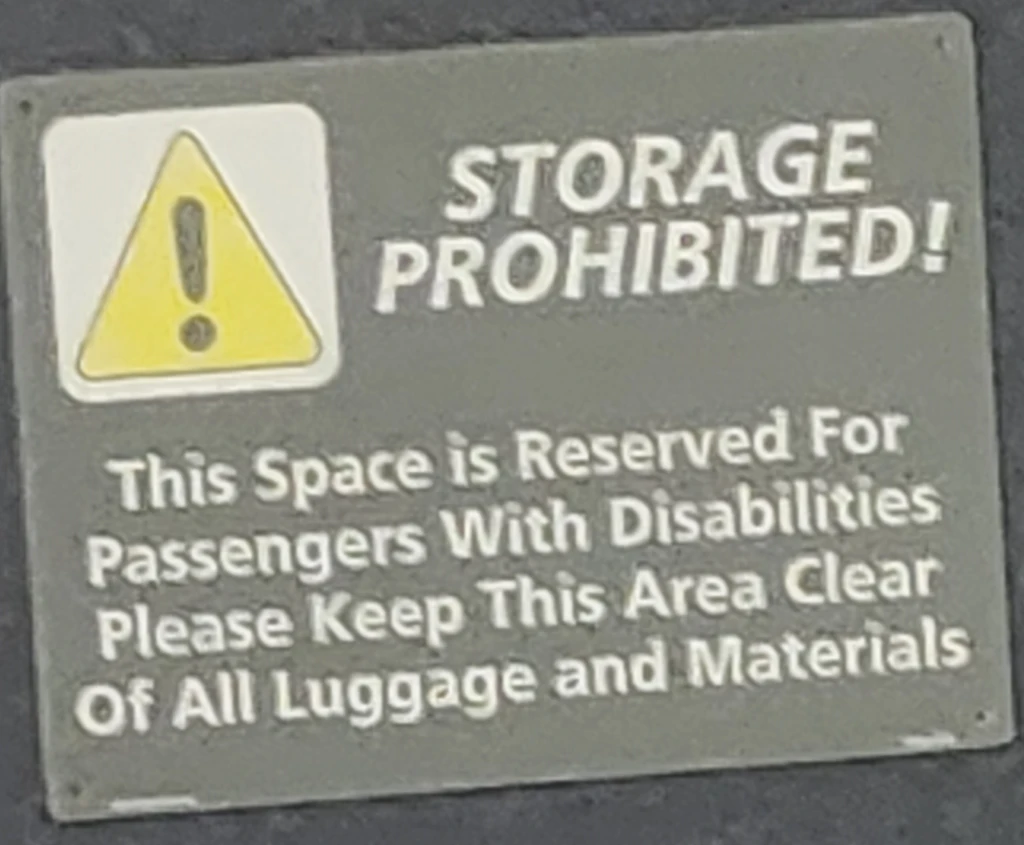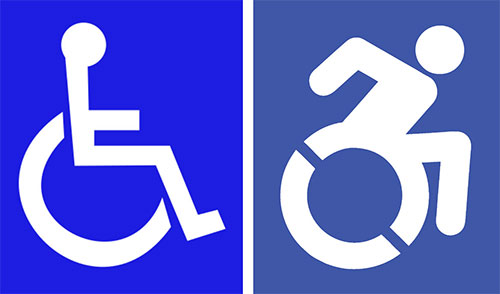I got a message this morning from a web site to which I haven’t logged in for a while. It said,
Hello James,
It’s been awhile since you’ve logged into your ***** account and it will expire in 5 days.
I’ve mentioned (in a Comment) that I can figure out a logical rule for distinguishing between “awhile” and “a while”, but that I’m not sure anybody follows it. That’s still true, but I might as well take this occasion to say what I think the rule is, or should be.
Etymonline.com, always our first stop in understanding a word (because I’m too lazy to use a resource that’s not on the internet), says that awhile is an adverb, derived “from contraction of Old English ane hwile ‘(for) a while’ (see while (n.)).” It does not treat of the adverb while (as in “He hit me while I wasn’t looking”) at all, considering while only as a noun (“space of time”), and a verb (“‘to cause (time) to pass (without dullness),'”).
Be that as it may, I think Modern English has two adverbs based on O. E. hwile: while (during a specific period of time, event, or action), and awhile, (for an unspecified period of time); and a noun, while (a period of time) and a verb to while (usually with “away”, to pass [time]).
If it’s correct that awhile is a contraction of O. E. ane hwile, I suspect that the adverb awhile (as in, “Sit by me awhile”) has developed out of the noun while by the omission of the preposition, for (as in “Sit by me for a while”). That has happened in other cases, too. For example, “We lived there two years.” We’ve dropped other prepositions, as well: “Chicago is the noisiest place I’ve ever been.”
It seems possible to me, on the other hand, that awhile is a contraction, not of “a while”, but of “on while” (cf. afire = on fire, alive = on [?in] life, afoot = on foot). (One could probably search the Anglo-Saxon corpus for examples of “on while”, and there may or may not be any. I don’t have time.) That would strengthen my sense that Modern English awhile carries an implicit preposition, while a while does not.
Anyway, it seems clear to me that the e-mail message I got means to use the noun while, a space of time, and not the adverb awhile.



